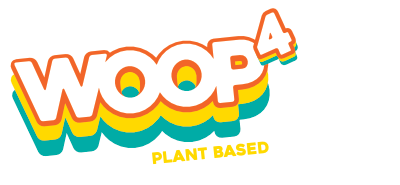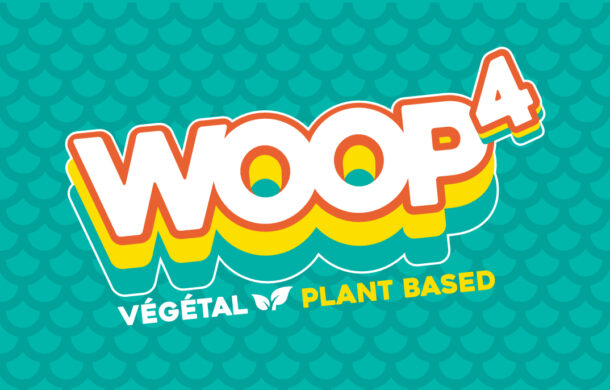Eating vegetarian: is OK for children?
Your child doesn’t want to eat meat anymore? Thinking about introducing them to a vegetarian diet? Here are a few tips on how to proceed.

Vegetarian or vegan?
First, let’s take a look at the differences between these two terms.
Vegetarians: Do not eat meat, poultry or fish, but consume some products of animal origin, such as milk, eggs, cheese and yogurt. Some vegetarians also eat fish; they are called pescetarians.
Vegans: Do not eat meat, poultry, fish or any products of animal origin. Vegans only consume vegetable proteins, such as tofu, vegetables, soy, walnuts, seeds or tempeh (fermented soy).
At risk for deficiencies?
It’s possible to feed a vegetarian diet to children as soon as solid foods are introduced (between 4 and 6 months of age). However, it requires a lot of planning, especially if you decide to eliminate eggs and dairy products. It will also be more difficult to ensure your child gets enough of certain key nutrients needed for growth, such vitamin B12 and iron, both of which are easily accessible in meat.
Here are a few rules of thumb:
– Discuss your approach with your doctor and a nutritionist so your child’s growth can be properly monitored
– Make sure that proteins are present in all meals (cheese, egg, tofu, legumes, walnuts, seeds). Serving only vegetables and cereal is insufficient!
– Add fats to the menu to increase energy content and supply more essential calories for the development of your child (e.g., more vinaigrettes in salads, mayonnaise in sandwiches, yogurt with more than 3% fat)
To learn more, visit the Canadian Paediatric Society website:
http: //www.soinsdenosenfants.cps.ca/handouts/v egetarian_diets_for_children_and_teens


 Headache-free mayonnaise!
Headache-free mayonnaise!

